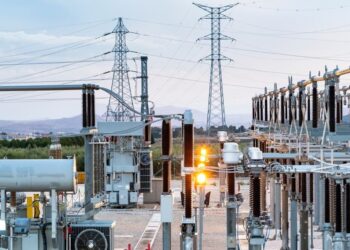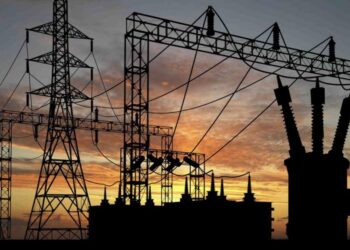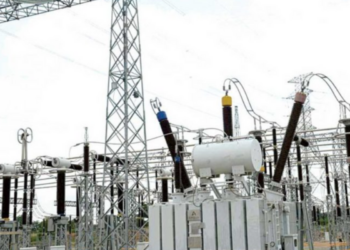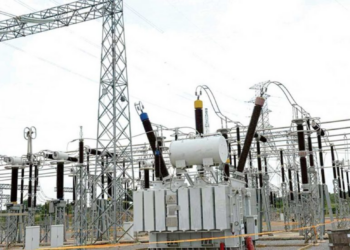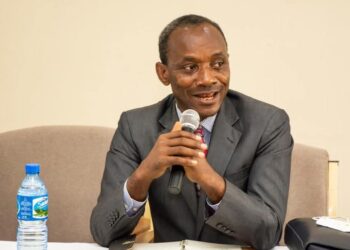Dr. Sam Amadi, the former Chairman of the Nigerian Electricity Regulatory Commission (NERC) has said that signing off on deals like the Siemens Power Deal would mean that the country would build a superstructure on existent weak infrastructure.
He said this during a September 14 interview via Arise News, while addressing the problem of grid collapses in the country.
According to him, the country needs a holistic approach when addressing the issues in the power sector, foremost of which is infrastructure. He said:
- “I think in the last eight years, the government did not actually pay attention to deepening/strengthening the network. and in 2022 we had a series of collapses.
- “There is the Siemens project that was supposed to provide support to the distribution and transmission networks.
- “But, signing off on these deals means you will lay a superstructure on a very weak infrastructure, so we need to be more holistic in our approach and realize that we are going to have this challenge for some time. We need to also depoliticize the process and look deeper into some of the adaptive challenges we face in the sector like the TCN not having the SCADA system optimized to manage the whole network in Nigeria.
- “Because when you unbundle, you have to become sophisticated both in technology and human competence to really stop those collapses and failures.”
Network weakness must be addressed
During the interview, Dr. Amadi addressed the recent national grid collapse that occurred in the early hours of September 14.
He attributed this collapse to a fire outbreak on the Kainji/Jebba line in Niger State.
However, he emphasized that this incident highlights the existing vulnerabilities in the network, indicating the need for comprehensive solutions.
Dr. Amadi pointed out that the network’s fragility is evident, even in the context of the sector’s unbundling, which has introduced coordination challenges.
He stressed the importance of being smart and digitized in order to effectively track and resolve issues spanning from the distribution companies (DisCos) to the Transmission Company of Nigeria (TCN) in the unbundled structure.
Furthermore, Dr. Amadi noted that the unbundling process can complicate network management.
He mentioned that some argue for further unbundling of the transmission network, suggesting that a more regionalized grid could enhance stability.
In the event of grid collapses, Dr. Amadi highlighted the potential for a blame game. TCN might attribute the collapse to the DisCos due to frail networks, thereby transferring this weakness to the system.
Conversely, the DisCos could blame TCN for failing to provide the required load when needed, contributing to the problem.
These dynamics underscore the complexity of managing the electricity network in Nigeria.
The NERC context
In its Q4/2022 report, the Nigerian Electricity Regulatory Commission (NERC) reaffirmed its commitment to rigorously oversee compliance with the system operator’s directives regarding free governor and frequency control mode.
This enforcement aligns with the existing operating codes within the electricity industry.
Furthermore, NERC expressed its intent to explore various avenues for implementing the under-frequency load-shedding scheme.
This scheme serves as an additional layer of security for the grid, especially in the event of an abrupt loss of generation capacity.
Concurrently, NERC highlighted the potential necessity for the Transmission Company of Nigeria (TCN) to conduct a thorough review of the calibration settings on its relays.
This calibration review forms part of the broader initiative aimed at enhancing grid stability.









